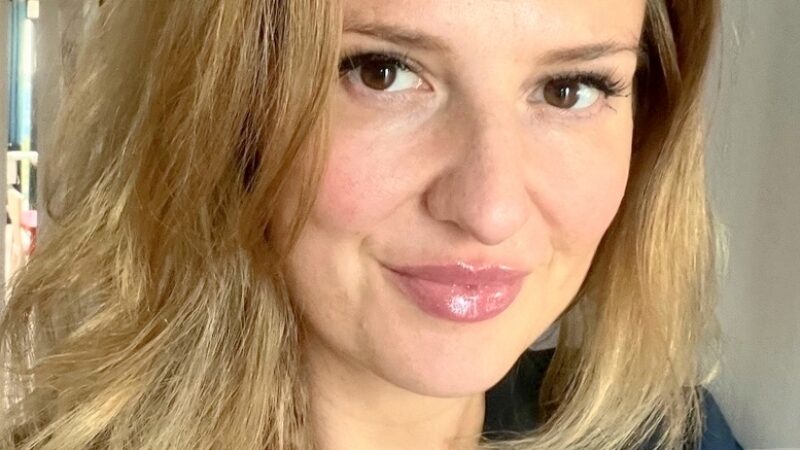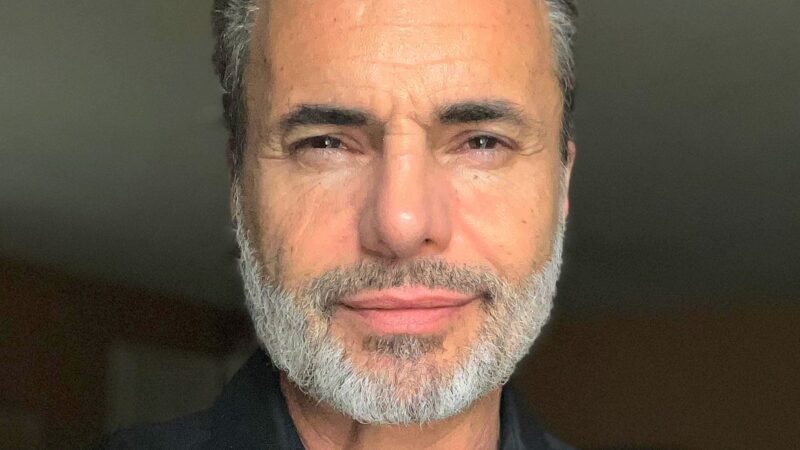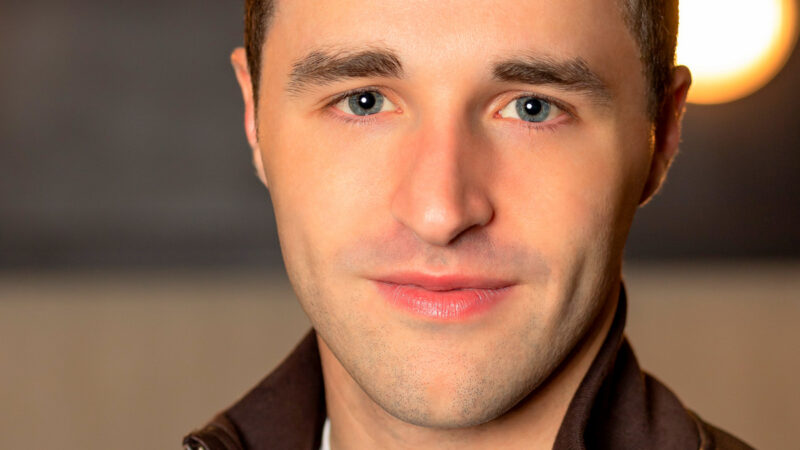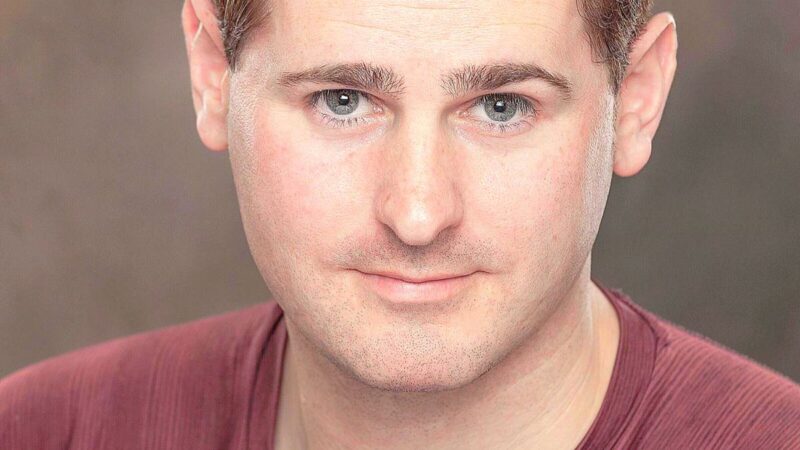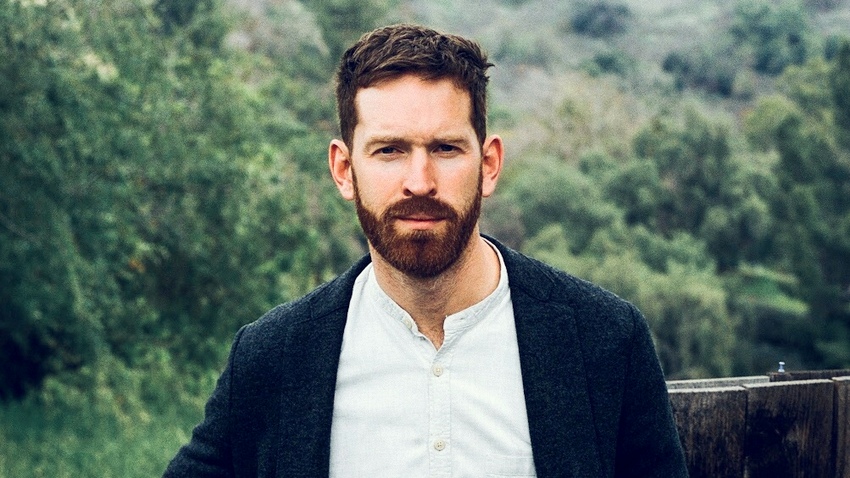
Wale is a script I wrote in 2016, and shot in 2017. The story was inspired by a number of reports around the time of writing about systemic racism within the Metropolitan Police in London towards young black men. Those articles, combined with what I’d seen and heard myself, inspired ideas and thoughts (Systemic Racism) that ultimately led to the screenplay for the film. Once I had a draft I was happy with, I worked with my producers Ed Speleers, Catherine Slater and Sophie Alexander to kick off the production and raise funding for the film.
Barnaby Blackburn’s Wale takes home the Oscar-qualifying Best Short award at BronzeLens in Atlanta
indieactivity: Did you start writing with a cast (You or any) in mind?
Barnaby Blackburn (BB): I do find it helpful to put faces to my characters when writing. But they’re not necessarily the faces of actors. So I didn’t have a cast in mind, but I did have a very clear idea of the type of people I wanted to cast for our two lead roles, which gave our casting directors Des Hamilton and Elan Jones a solid brief. I knew that for the role of Wale I wanted someone who was new to acting or hadn’t acted before. And for the antagonist role of O’Brian I wanted someone very experienced. I felt that by having someone with little experience playing opposite someone with a wealth of it, we’d get an interesting dynamic between the characters and an authentic nervousness and desire to please from the character of Wale.
How long did you take to complete the script? (Do you have a writing process?)
Barnaby Blackburn (BB): There’s a scene in the film where Wale goes to a local market to hand out business cards where he meets O’Brian. That scene is based on almost exactly the same moment I experienced when I met a guy handing out his business cards at Tesco. He was a young, entrepreneurial black guy who couldn’t get anyone to give him the time of day. After I’d met him, I thought a lot about what it’s like as a young man of colour in London trying to make something happen with his life. Once I’d ruminated on that for a while, I wrote the script very quickly over a single weekend.
When did you form your production company, what is the motivation for its formation?
Barnaby Blackburn (BB): Myself and Ed Speleers formed Dark Glass Films in 2017 for the initial purpose of putting all the business for ‘Wale’ through. But in the longer term the ambition for us is to make feature films through the company. The name Dark Glass was inspired by a bible passage, which is ironic because neither of us are religious. According to St. Paul we see the world ‘through a glass darkly’, as though our vision is obscured, which is why we don’t understand many of the things God does, like create suffering. Naming the company Dark Glass was a retort to that idea. We’re interested in dramatizing characters who are suffering and showing we understand exactly why they’re in the circumstances in which they find themselves.
What was the first project out of the gate?
Barnaby Blackburn (BB): This one!
What works better in this latest production that mightn’t have worked so well in the last one you did?
Barnaby Blackburn (BB): This was my first film. I’ll have to tell you after I make the next one!
During production, what scene (that made the cut) was the hardest to shoot?
Barnaby Blackburn (BB): With 13 locations to shoot at over 4.5 days, everything felt hard to shoot! Though perhaps the most difficult of them were the driving scenes. Raphel Famotibe, who plays Wale, didn’t have a driving license; so we had to mount a car on a low-loader and drive around East London one night shooting 4 different driving scenes. In each of those individual scenes Wale’s character is in a totally different emotional state, from extreme elation to seething rage and, eventually, complete mental capitulation. Getting Raphel to switch from one state to another so quickly was a very daunting task, but he did a terrific job of handling that challenge, as you can see on screen.
You produced and directed the film, what measure of input did it take to don these hats?
Barnaby Blackburn (BB): I’m not a professional filmmaker so I was balancing the production of the film with a full-time job. I don’t remember getting much sleep throughout the process. It always felt like there was some issue to try and resolve. If I hadn’t had Ed, Catherine and Sophie working with me it would never have happened.
Is there anything about the independent filmmaking business you still struggle with?
Barnaby Blackburn (BB): The same thing as everyone else. Funding!
Where do you think your strengths line as a filmmaker?
Barnaby Blackburn (BB): I’m grateful to have a good grounding in most of the aspects of filmmaking. I didn’t go to film school but I’ve worked for 7 years making commercials, which has allowed me to learn the crafts of shooting, editing, sound design, music composition, post-production, and so on. Ideas for some of these crafts are sometimes very abstract, but I feel as though I can usually find a short-hand with each of my collaborators very quickly to express what my personal vision is and understand what theirs are too.
Let’s talk finance, How did you finance the film?
Barnaby Blackburn (BB): We had a Kickstarter campaign which raised around two thirds of the budget. The remainder came from the generosity of our exec producers and from personal savings.
How much did you go over budget? How did you manage it?
Barnaby Blackburn (BB): We remained under budget and set aside a pot for film festival entries and marketing. I can only praise the diligence of Catherine and Sophie for that.
How important is marketing? Do you think a project can make any dent without it these days?
Barnaby Blackburn (BB): From my experience working in commercials, I know the value of good marketing. But in order to do great marketing I believe you have to have a great product first. I feel like a lot of film studios these days are more concerned about marketing films than they are about the films themselves. How many times have you seen an amazing trailer for a film and then been let down when you saw the feature? So it’s my ambition to make the best film I can first and, if it’s extraordinary, the marketing will do itself.
Can you tell us about your marketing activities on the project – and how it’s gone for you?
Barnaby Blackburn (BB): As we’re still doing our festival run with the film and don’t yet have distribution, we’re keeping our powder dry until there’s a platform for a wide audience to view it. However, we have created a growing fanbase through regular updates about the film’s progress on our instagram and facebook pages. Now that the film has qualified for the Oscars, we’re stepping up our efforts to draw attention to the film and its themes. We’re working with the fantastic Catherine Lyn Scott and her PR team at London Flair PR in order to do this.
What do you hope audiences get from your film?
Barnaby Blackburn: (BB) I don’t think that’s for me to say. The audience will take away their own meanings and messages. But I do hope it provokes thought after viewing.
What else have you got in the works?
Barnaby Blackburn (BB): I’m prepping another short film about an eight year-old boy giving the eulogy at his father’s funeral. And I’m also writing a feature script about an overrun and understaffed hospital, which I plan to have ready by the end of the year. Both will be produced through Dark Glass Films
Let’s have your comments on the Barnaby Blackburn interview or on Facebook, Instagram or Twitter
Socials
Website
IMDb
Facebook
Twitter
Instagram
Vimeo
LinkedIn
FILMMAKER INTERVIEWS


